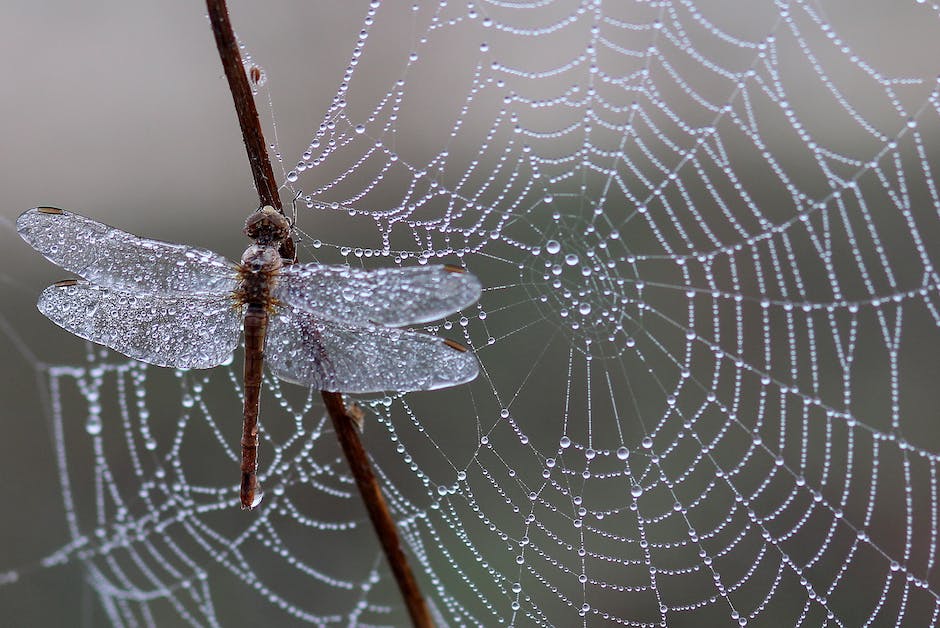Mice are common household pests that can be a nuisance and spread disease. While there are many commercial products available to catch mice, you can also make your own traps. This is a guide on how to catch a mouse using common household items.
There are a few ways to catch a mouse. One way is to set a trap. Another way is to set a snap trap. Another way is to set a live trap.
How do you catch a mouse instantly?
All you need is a bucket with peanut butter smeared on the edge about three to four inches down and a stick. You can use any type of bucket, but a five-gallon bucket works best. Place the bucket on its side and roll it around until the peanut butter is coating the entire circumference of the bucket. Next, find a good location for your trap.
There are a few things you can do to get a mouse to come out of hiding. One is to sprinkle scents they don’t like around the areas you think they’re hiding in. Another is to take away their food source by sealing up any potential entry points and keeping food in containers that mice can’t get into. Finally, you can get a cat or use cat litter to help discourage mice from staying in your home.
What is the best way to catch a mouse that’s in your house
If you’re looking to trap rats, you’ll want to place the traps at intervals of 15 to 20 feet. Corners and mid-wall runways are ideal spots for placement. Mice are curious and quick to investigate new things, including traps, while rats exercise more caution. Consider leaving an unset trap in an area for one or two days before you bait and set it.
Mice multiply very quickly, so it is impossible to just have one mouse in the house. A female mouse can be sexually mature and ready to produce pups as early as six weeks old. A female mouse who gives birth can actually produce five to six mouse pups per litter. However, it can also reach up to 12 mouse pups in rare instances.
Are mice scared of you?
Mice and rats are more afraid of humans than humans are of them. They try to stay hidden and in their own habitat. Sometimes, they enter our home because they smell food or because there is a point of entry they can access.
Mice have a very keen sense of smell which helps them to avoid predators and to find food. They can also smell when a human has handled a mouse trap, which sets off their survival instincts.
What scares away a mouse?
There are a variety of smells that can deter mice, including peppermint oil, cinnamon, vinegar, citronella, ammonia, bleach, and mothballs. By using one or more of these smells, you can help keep mice away from your home.
Mice are nocturnal creatures that are mostly active at night. However, they may also be active during the day, especially if they are looking for food. House mice prefer to live in cool, dark places during the day, such as in between walls, in pantries, or in cupboards. They may also hide in sofas, old boxes, or other similar areas where they would not be disturbed.
How long will a mouse stay in a room
Mice generally have a lifespan of six months to two years. However, this can vary based on factors such as food and shelter. This means that a mouse in your home has the potential to stick around for several months at a minimum.
If you find mice in your bedroom, there is a chance they will crawl on you while you sleep. Mice typically do this when the bed is the quickest way to get from one place to another. If you are concerned about mice crawling on you in bed, try to keep your bed area as clean and free of clutter as possible.
Do mice climb on beds?
It is rare for mice to climb on beds because they are prey animals that tend to avoid potential predators. You may worry that a mouse may take advantage of you while you are sleeping, but rest assured that they are more likely to stay away from you than to come close.
While it’s unlikely that a mouse would snuggle up with you in bed, it’s important to remember that they are shy creatures that prefer to avoid human contact. If you do find a mouse in your bed, it’s best to gently remove it and release it back into its natural habitat.
Why all of a sudden we have mice
There are two main things that can attract mice and rats to your house – food and shelter. If you don’t tidy up properly and there’s food waste on the floor or surfaces, rodents are going to love it! Rats and mice also need shelter, particularly during winter to avoid the worst of the cold. To help keep these critters away, make sure you clean up properly and don’t provide them with a place to hide.
If you are actively seeing signs of mice in your home, this means there is an infestation. While it’s normal for a couple of mice to make it indoors at this time of the year, that’s all it should be. If you see more than that, it’s time to take action. Here are some signs that you have a mouse problem:
– Droppings: Mice leave behind small, dark droppings wherever they go. If you see droppings in your cupboards, pantry, or around your food, that’s a sign you have mice.
– Gnawing: Mice like to gnaw on things, and they will often gnaw on food packaging, furniture, and even electrical wiring. If you see gnaw marks, it’s a good indication that you have mice.
– Nests: Mice will build nests out of materials like paper, insulation, and fabric. If you find a nest in your home, it’s a sure sign you have a mouse problem.
If you think you have a mouse problem, it’s best to call a pest control professional to deal with it. Mice can cause serious damage to your home and spread disease, so it’s important to get rid
What does a mouse nest look like in a house?
If you notice ripped paper or materials scattered around your house, that is a clear sign of a mouse infestation. Mouse nests are messy and look like a pile of junk with one entrance hole. If you have a mouse problem, you should call a professional pest control company to get rid of the mice.
It is not effective to use lights as a mice deterrent inside your house. This is because they can easily look for dark areas to hide inside houses until such time as all lights are turned off. While the lights are on, they can hide inside walls, crawl spaces, attics, and ceilings.
Will keeping a light on keep mice away
If you have mice in your home, the best thing you can do is to call a pest control company to come and take care of the problem. While the light inside your house may not deter them from coming in, it will help to keep them from hiding once they’re inside. Be sure to seal any cracks or holes that mice could use to enter your home, and keep food stored in airtight containers to prevent them from getting to it.
Mice may be small, but they can cause big problems. They can carry diseases that can be harmful to humans, damage property, and contaminate food. It’s important to get rid of mice as soon as you see them or suspect they are present.
Conclusion
Place a piece of cheese or another smelly, enticing food item in a mousetrap. The mouse will smell the cheese and go for it, getting caught in the process.
The best way to catch a mouse is to use a trap. You can either buy a mouse trap or make one yourself. Be sure to bait the trap with something that the mouse likes to eat. Once the mouse is caught, you can release it outside or keep it as a pet.

